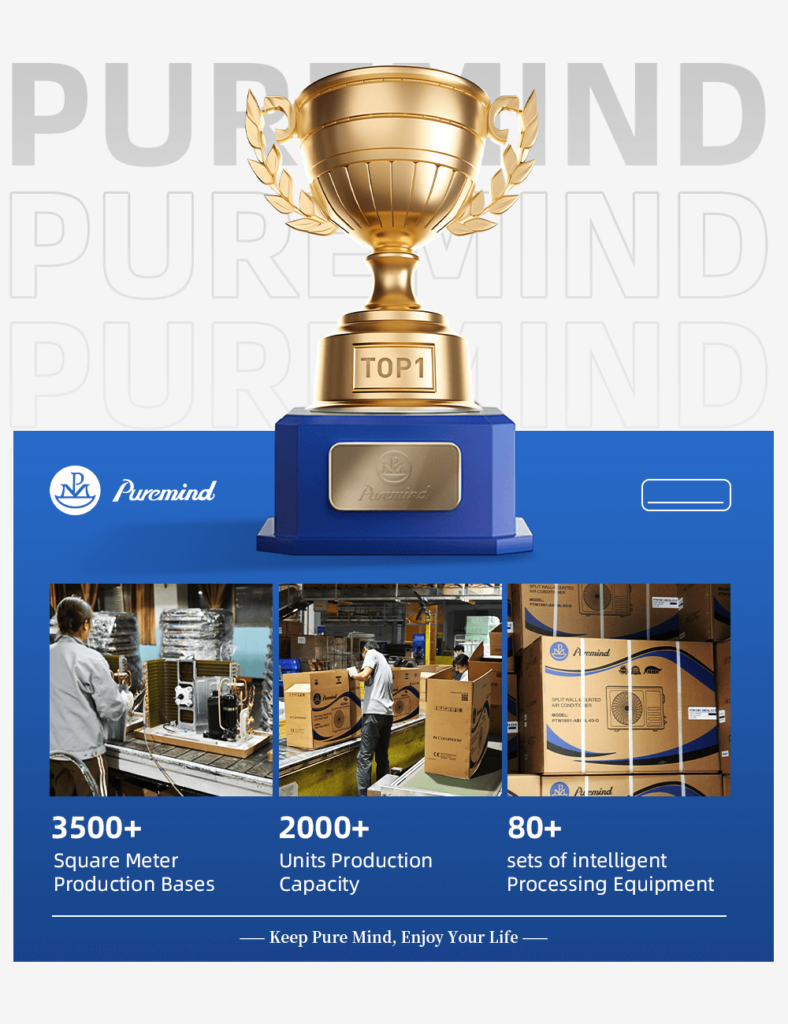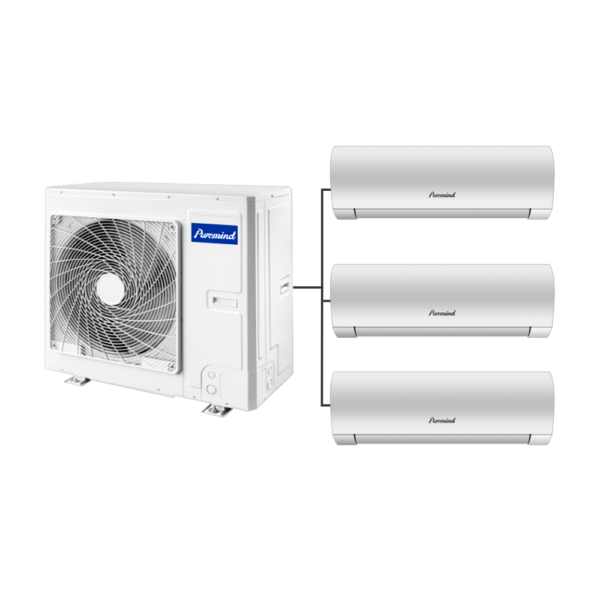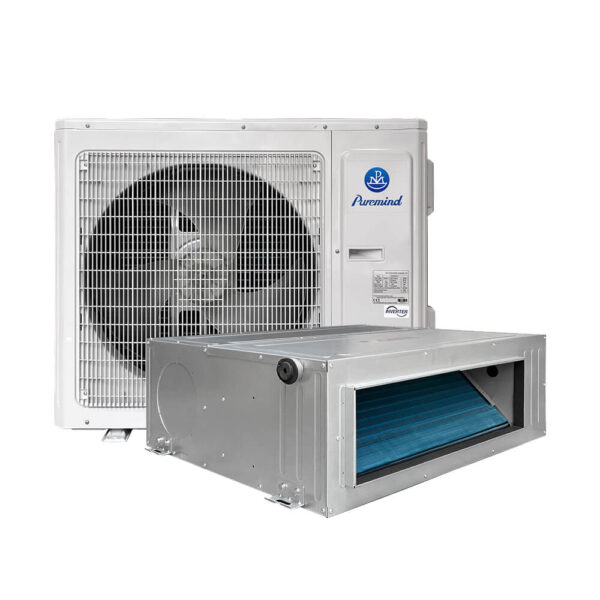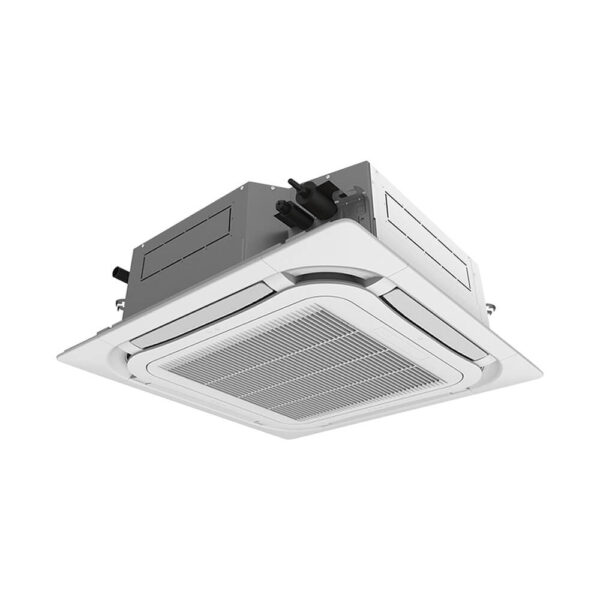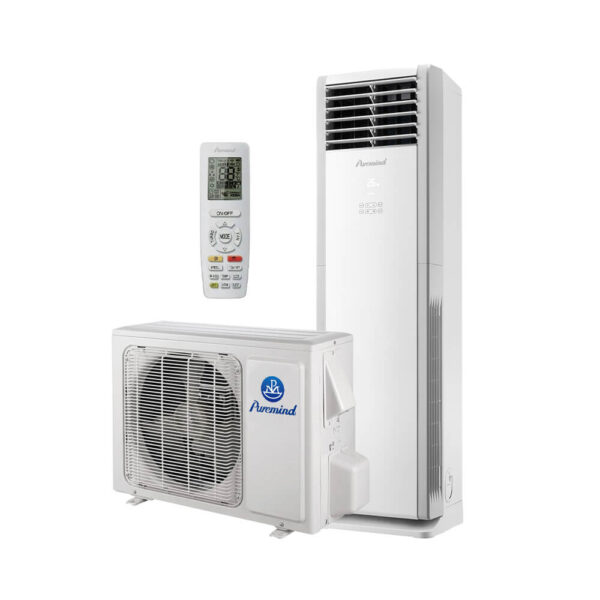Commercial HVAC Company – 2025 Guide for Distributors & Suppliers
Behind every comfortable office, hotel, or factory lies the expertise of a commercial HVAC company. These companies install, maintain, and upgrade complex heating, ventilation, and cooling systems that keep modern buildings running smoothly. For wholesalers, suppliers, and distributors, understanding how HVAC companies operate—and how to align your product lines with their needs—is key to growing in today’s competitive market.
What Does a Commercial HVAC Company Do?
A commercial HVAC company specializes in climate control for non-residential facilities such as office towers, hospitals, manufacturing plants, and schools. Unlike residential contractors, they handle larger systems, advanced technologies, and compliance with strict energy standards. Their services typically include system design, installation, preventive maintenance, emergency repair, and energy optimization.
Why Businesses Rely on Commercial HVAC Companies
Every industry depends on reliable indoor environments. Without effective HVAC support, companies risk high energy costs, health issues, and operational disruptions. A trusted commercial HVAC company ensures:
- Consistent Comfort: Maintaining stable temperatures for employees and clients.
- Air Quality: Removing pollutants, dust, and allergens through proper ventilation.
- Energy Efficiency: Using high-SEER equipment to cut costs and meet sustainability goals.
- Compliance: Meeting regulations from organizations like Energy Star.
Key Services Offered by HVAC Companies
Commercial HVAC providers typically deliver a range of services, including:
- Installation: Designing and implementing climate control systems for new or renovated buildings.
- Maintenance: Scheduled inspections to prevent breakdowns and extend system life.
- Repairs: On-demand service for malfunctioning units.
- Energy Audits: Identifying inefficiencies and recommending upgrades.
- System Upgrades: Replacing outdated equipment with advanced, eco-friendly solutions.
Why Distributors Should Understand the Role of HVAC Companies
For distributors and suppliers, knowing how a commercial HVAC company operates helps align product offerings. HVAC contractors often rely on trusted distribution networks for equipment, spare parts, and advanced technologies. By positioning yourself as a reliable partner, you can build recurring sales and long-term client relationships.
Core Equipment in Commercial HVAC
HVAC companies use a range of products that distributors can supply:
- Chillers & Boilers: Central systems for cooling and heating.
- Air Handling Units (AHUs): Manage airflow across different zones.
- Ductwork Systems: Deliver conditioned air throughout the facility.
- Controls & Thermostats: Enable smart monitoring and efficiency.
- Split Systems: Versatile solutions often sourced from wholesale partners such as PureMind.
Market Trends in 2025
Several trends are shaping the role of HVAC companies:
- Smart Buildings: IoT-enabled systems are becoming standard for large facilities.
- Sustainability: Companies prioritize eco-friendly refrigerants and efficient units.
- Hybrid Solutions: Combining solar or geothermal power with conventional HVAC systems.
- Outsourced Service Contracts: Businesses prefer working with professional HVAC providers under long-term agreements.
How HVAC Companies Benefit Wholesalers and Suppliers
Distributors can capitalize on partnerships with commercial HVAC companies in several ways:
- Steady Demand: HVAC services are essential across industries, creating ongoing product needs.
- Recurring Business: Maintenance and upgrades require spare parts and replacements.
- Brand Trust: Supplying certified, high-quality products strengthens credibility.
Challenges Facing HVAC Companies
Like any industry, commercial HVAC faces hurdles:
- Labor Shortages: Skilled technicians are in high demand.
- Cost Pressures: Equipment and raw material prices continue to rise.
- Environmental Regulations: Tighter rules force quicker adoption of new technologies.
- Technological Change: Staff training must keep pace with IoT and AI systems.
Energy Efficiency and Compliance
Energy performance has become a top priority for businesses. Distributors supporting corporate HVAC solutions must ensure systems comply with efficiency ratings and certifications. For example, Energy Star–rated products not only lower operating costs but also enhance a company’s reputation for sustainability.
Industry Applications
A commercial HVAC company works across multiple industries:
- Healthcare: Hospitals require sterile, climate-controlled environments.
- Hospitality: Hotels and resorts depend on quiet, efficient comfort systems.
- Education: Schools and universities need reliable systems to ensure learning continuity.
- Industrial: Factories and warehouses depend on robust ventilation for safety.
How to Choose a Commercial HVAC Company
Businesses typically evaluate HVAC providers based on:
- Certifications: Proof of compliance with Energy Star or ASHRAE standards.
- Experience: Demonstrated expertise in large-scale projects.
- Support: 24/7 emergency response and strong warranty programs.
- Reputation: Client testimonials and case studies showcasing results.
Future Outlook for HVAC Companies
By 2030, experts predict that enterprise HVAC services will rely heavily on AI-driven monitoring, renewable integration, and advanced energy recovery systems. Distributors who align early with these innovations will gain a competitive edge in product supply and market influence.
Conclusion
Partnering with a reliable commercial HVAC company ensures businesses stay efficient, compliant, and comfortable. For wholesalers, suppliers, and distributors, the opportunity lies in supporting these companies with advanced products, certified equipment, and responsive service. In 2025 and beyond, HVAC companies will remain the backbone of modern building management, and aligning with them can drive sustainable business growth.
Suggested Image Alt Text: Commercial HVAC Company providing services for large buildings
